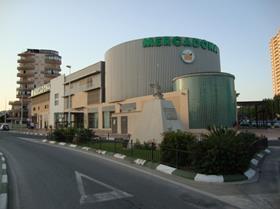
Discounters are expected to increase their market share in Spain over the coming months as the country’s dire economic situation and high unemployment levels puts a squeeze on consumer spending.
Although non-food has been the sector most affected to date, there are signs that a growing desire among consumers to make savings is having an increasing impact on mainstream grocery retailers.
There is also evidence that the gloomy economic climate is encouraging consolidation and increasing the rate of acquisitions among Spanish retailers.
With unemployment now hitting 24 per cent and Spain’s economy expected to contract by 1.5 per cent during 2012, retail analyst Carlos Hernández from Planet Retail, said discounters, principally Mercadona, appeared to the only retailers benefiting from the situation.
“Mercadona recently released its 2011 results and sales grew by 8.2 per cent – I don’t think other retailers will get near that kind of result,” he said.
In fact, there appears to be evidence that the soft discounter’s market rivals are already being adversely affected, with the country’s third-largest retailer, Eroski, having announced the sale of its Madrid hypermarkets to France’s Le Clerc group.
Hernández claimed the move was indicative of deeper problems at the Basque grocer, which he believes have been caused by falling sales and high levels of debt.
More surprisingly, Dinosol, a grocery retailer based in the Canary Islands, announced in March this year that it had sold all of its mainland Spanish stores to Lithuanian group Maxima, and Hernández predicted the sector will see more such developments in future.



